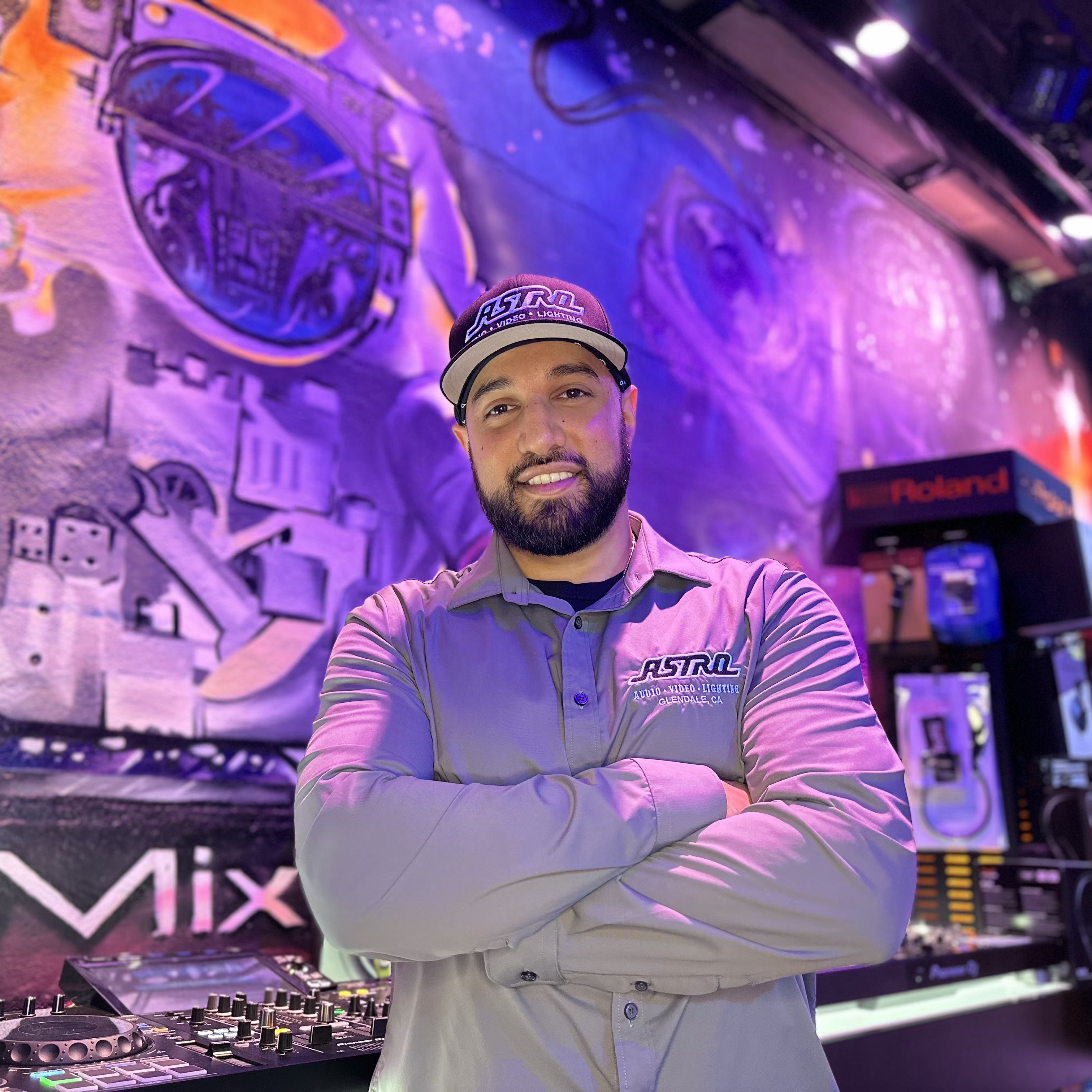Imagine a music store where everyone who walks in buys something; where overhead is down and sales are up; where shoplifting is zero; where you can hear the phone ring; and where you get to retire at 30. OK, the last one was a joke, but everything else is possible right now thanks to the rise of what I call the intentional shopper.
Shopping during a global pandemic has caused both a power shift and opportunity. All of a sudden, there’s not as much choice for consumers bowing to government-ordered limits on social interaction, factory slowdowns, shipping delays and plain fear of what lies ahead. Right now, these conditions favor local, American-made and boutique suppliers, who can get products into stores quickly. It also favors retailers who have stock on their shelves and the expertise to sell it. Businesses willing to build a relationship with the customer while quickly and personally responding to their needs will get the sale not just today, but tomorrow as well.
Shoppers went from Main Street to the internet, and now they’re back.
Out of the ashes of limited choice, less convenience, and unforeseen delays are huge opportunities for businesses that can offer certainty in uncertain times. Anonymity is out, authenticity is in. Waiting on hold, or chatting with a bot is out, while getting advice from a real person in real time is in. More than ever, the door is wide open for retailers who offer the very things that customers need right now: access, availability, expertise and assurance. They want validation, and they want to know they’re making the right choice. After years of increasing automation coupled with a depersonalization in the marketplace, the long-term relationship is back.
It’s a round trip of sorts. Shoppers went from Main Street to the internet, and now they’re back. The intentional shopper is willing to visit on your terms, even if it means waiting outside, shopping during abbreviated hours or being carried around the shop inside of an iPad. They’ve done the research and generally know what they want, and have a budget in mind even before they come to you. They’ve got other meetings, kids to educate, aging parents to comfort and the prospect of waiting in a line around the block to get groceries. They have a very small window of time and have to be intentional in everything they do. What they ask in return is that you’re laser-focused on them.
To take advantage of this disruption, we have to be as intentional in our time management as our customer now is. In our store, we’ve gone to an appointment-only model during much of the pandemic, which has lead to a much more focused shopper, with close to 80% conversion-to-sale rate. An appointment can be whatever you want it to be – an in-store meeting, an online meeting, a curbside pickup, a delivery, messaging through social media, even a phone call. The key is to be deliberate in your sales pitch, and with it you’ll discover your closing rates are up, staff hours and overhead are down, and there is less chatter along the way.
You can wrangle customers in by using a scheduling app on your website, where customers can schedule in-person or online appointments. They choose the time within the hours you set. Moreover, in the comments section they’ll say what they’re interested in. This gives today’s shopper the structure they crave but with the human touch we can provide. It also gives the retailer time to prepare, and to have options, ideas, resources and pricing at the get-go. That’s a huge advantage over the days when you would simply react to whoever came through your door.
Other benefits to scheduling? Your floor staff is more productive, and theft is way down. Like zero. Shoplifters are not going to schedule an appointment to steal from you, and this means your staff can focus on ringing up sales. With your assistance, your customer will find what they need and check out right away. Did I mention you don’t have to talk about their gig or listen to “Stairway to Heaven” to make the sale? Your floor staff can hear the phone ring again, build the product pages, shoot the videos, return the phone calls and do the social media posts that keep your business moving forward.
Consumers are more committed than ever to shopping local, independent and more intentionally. Likewise, indie retailers are well positioned to showcase their expertise, create relationships and be the hero again. Let’s hope that part of 2020 is here to stay. MI
Brad Boynton is the owner of Rhythm Traders Drum Shop in Portland, Oregon.










